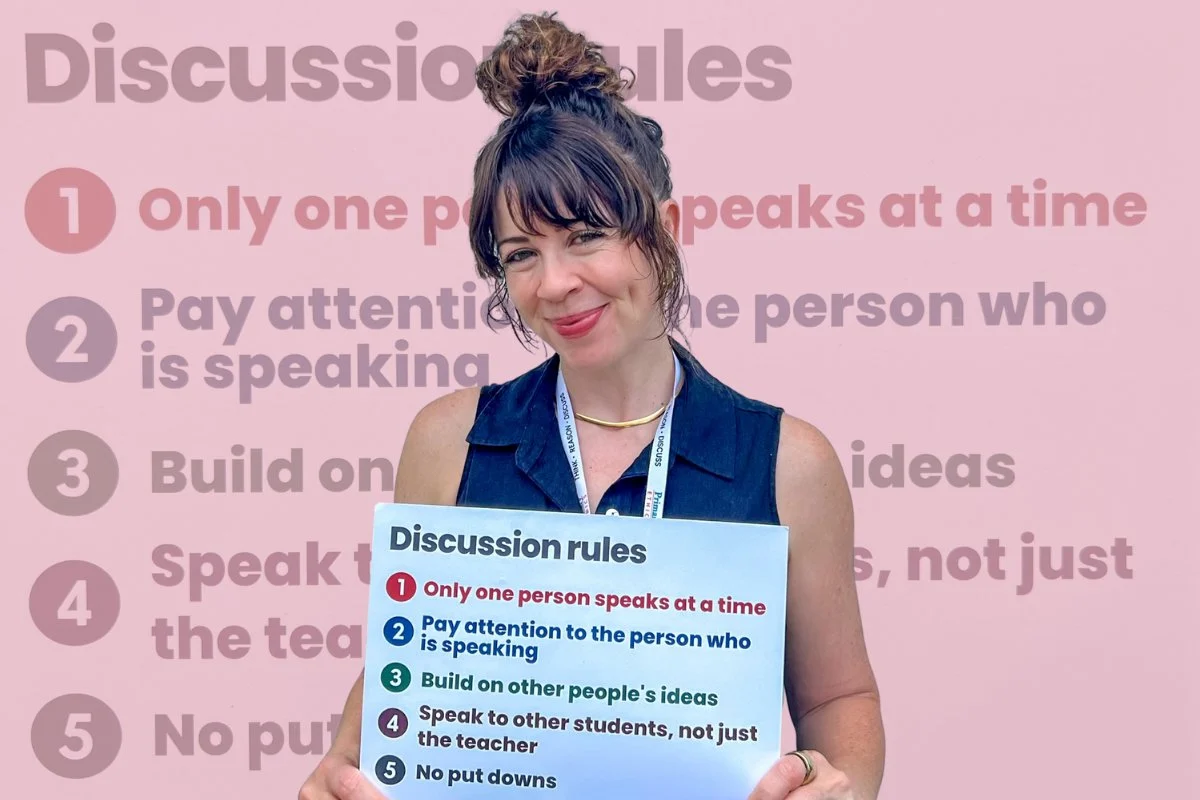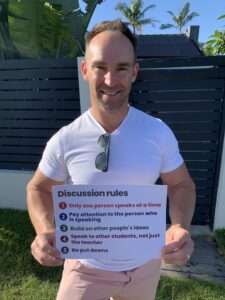‘I’m a Primary Ethics teacher’: Emily’s MamaMia story

Newcastle ethics teacher Emily McGrorey has written about her journey to become an ethics teacher for the MamaMia website.
“[My daughter’s] teacher explained there weren’t any ethics classes running in her year level because they needed someone to volunteer to teach them. It was at that point that I thought, well, I’m someone.”
“To be honest though, I was quite nervous about the prospect of teaching. Until I had my own kids, I had very little experience with children and heading into a classroom to be the actual teacher all seemed a bit daunting. What if I couldn’t control the children and they revolted against me like some kind of chaotic scene from Matilda?”
Emily began teaching ethics during the lockdown year of 2021, so it was an on-again, off-again venture. She finally taught for a full year in 2022 – “and I’m pleased to report that the children haven’t staged a coup against me, yet.”
Read Emily’s full account, ‘I’m a primary ethics teacher. Here are the 5 biggest things it teaches kids.’
